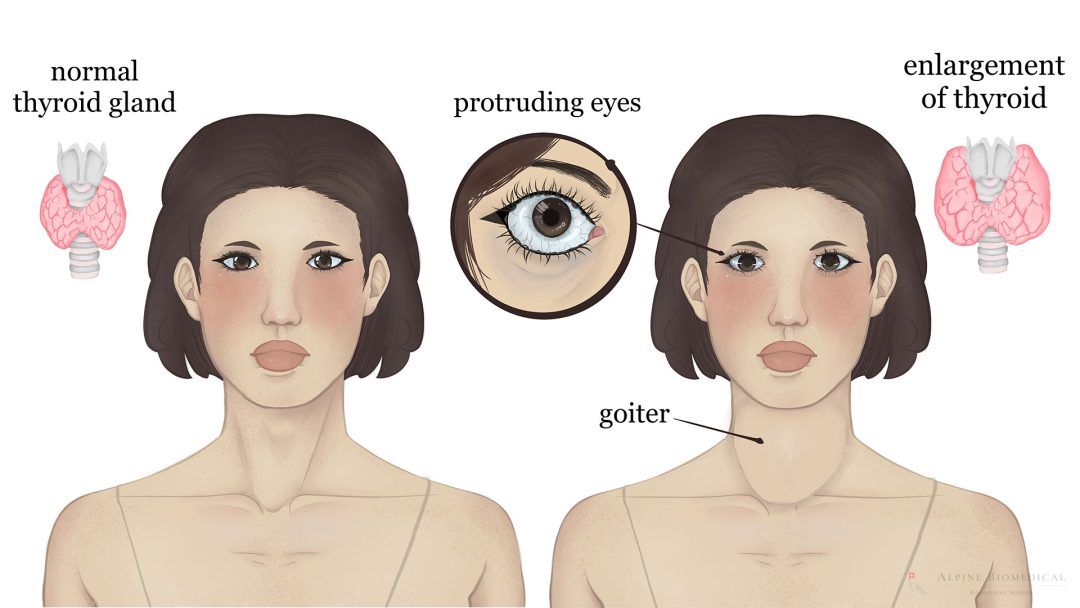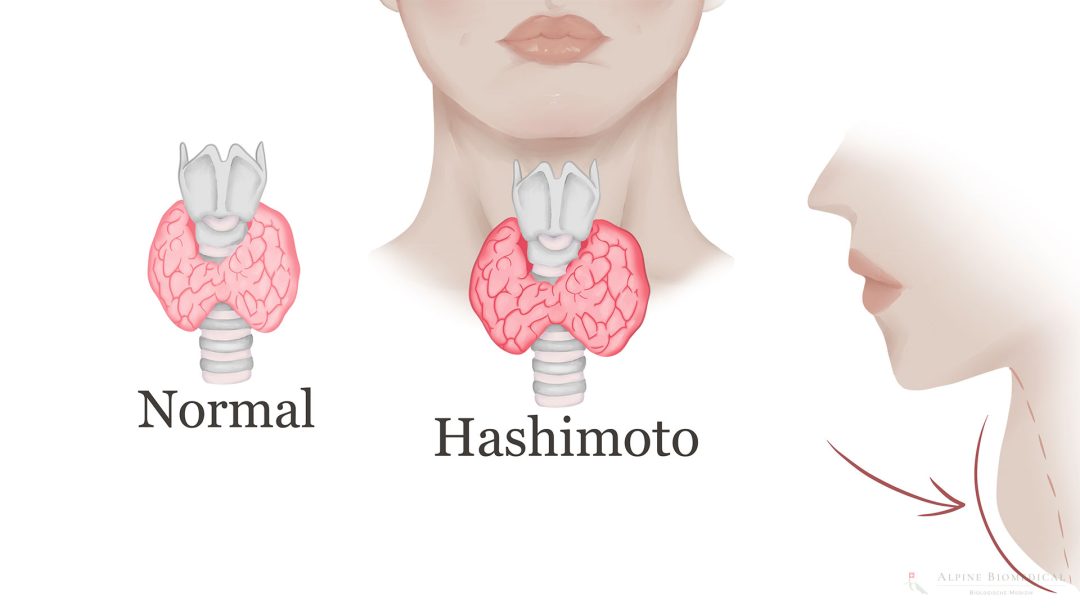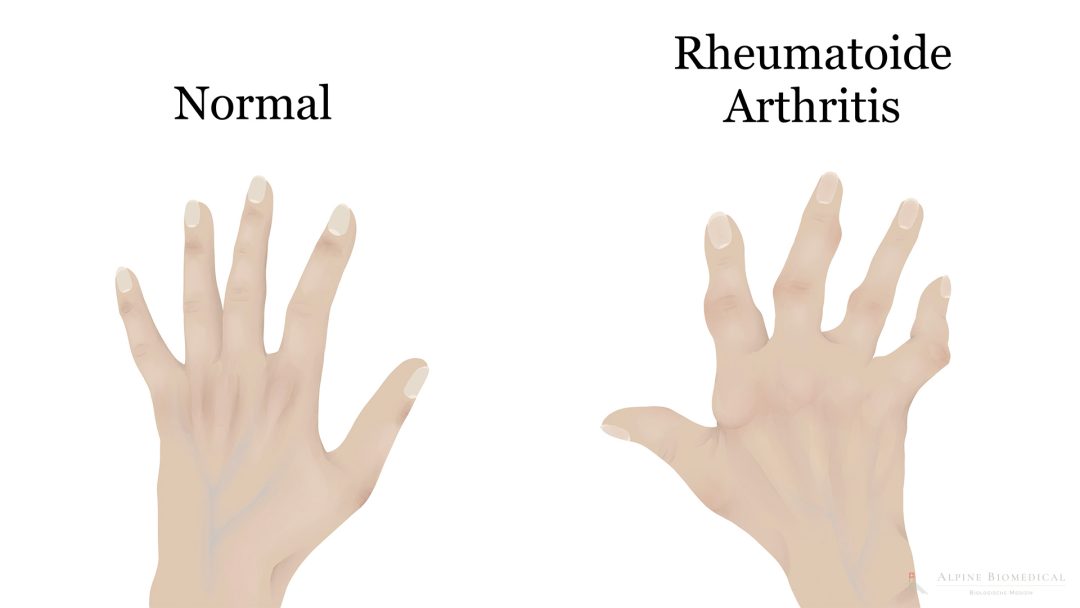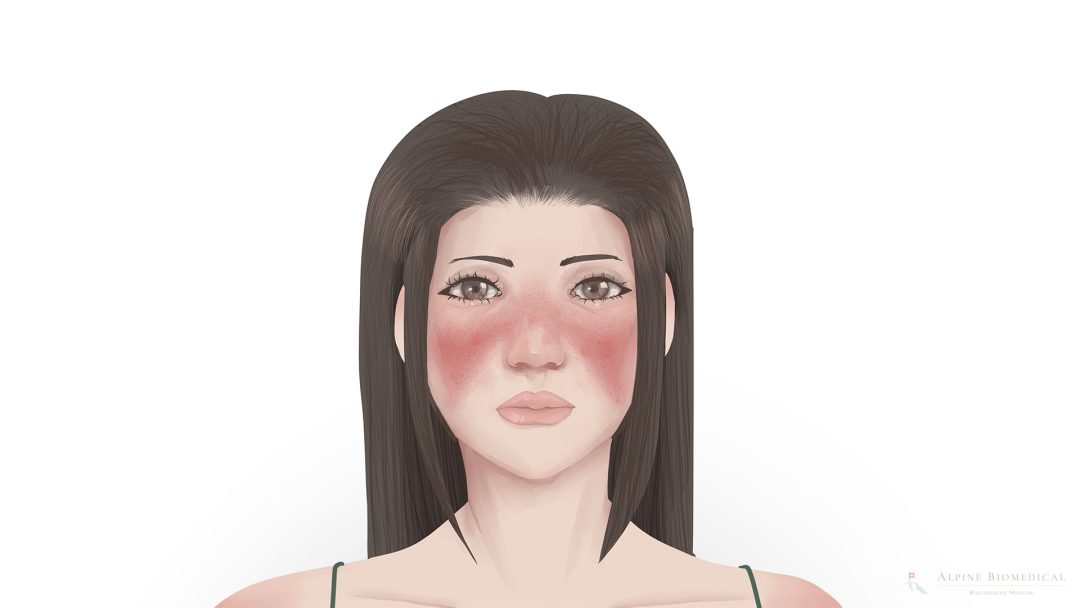Autoimmune Diseases
Autoimmune diseases are disorders in which the immune system mistakenly attacks the body’s own cells and tissues.
This group of diseases can affect a variety of organ systems and cause symptoms such as inflammation, pain and dysfunction. Although conventional medications are often used for symptom relief, many people seek complementary therapies, including naturopathic approaches.
Guillain-Barré Syndrome (GBS)
Rare neurological disease in which the immune system attacks the nerves, causing weakness and paralysis.
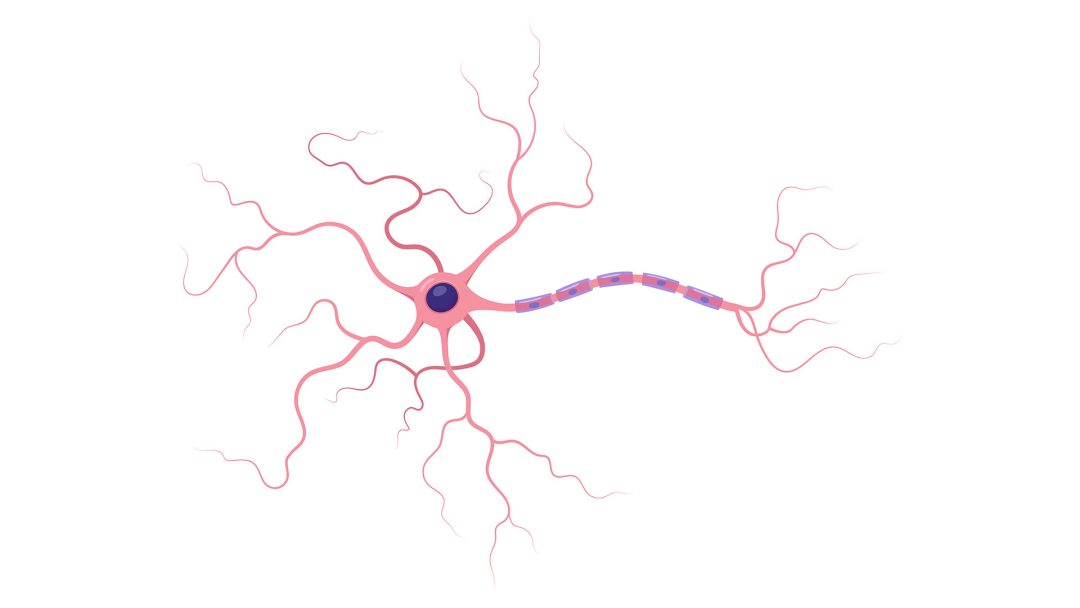
Sjögren’s Syndrome
Sjögren's syndrome is an autoimmune disease that leads to dryness of the eyes, mouth and other mucous membranes.

Graves’ Disease
Graves' Disease is an autoimmune disease in which the immune system produces antibodies that are directed against the thyroid gland.

Hashimoto’s Thyroiditis
Hashimoto's thyroiditis is a chronic inflammatory autoimmune disease of the thyroid gland.

Rheumatism
Rheumatism describes various diseases within the rheumatic spectrum.

Lupus Erythematosus
Lupus erythematosus is a chronic inflammatory autoimmune disease within the collagenosis group.

Symptoms of Autoimmune Diseases
The symptoms of autoimmune disease are very non-specific and can express themselves in many different ways. As various autoimmune diseases occur, almost all organs can be affected. The symptoms can be only slightly noticeable at the beginning and can increase continuously.
Causes of Autoimmune Diseases
The causes of autoimmune diseases can also be diverse and mutually reinforcing. Different causes in varying degrees are often necessary for a disease to develop.
The causes of autoimmune diseases include:
- Genetic predispositions
- Impaired intestinal health
- Chronic hidden inflammation (silent inflammation), for example jaw inflammation such as FDOJ / NICO
- Toxic stress on the body, for example due to mercury (amalgam)
- Hidden allergies, for example food intolerances or for chemicals
- Infections, for example due to EBV, Lyme disease
- Severe stress
- Permanent nutrient deficiency
Treatment of Autoimmune Diseases
Treatments for autoimmune diseases are aimed at regulating the immune system and controlling inflammation. This can be achieved through medication such as immunosuppressants or anti-inflammatory drugs. Lifestyle changes such as a balanced diet, exercise and stress management also play an important role.
Naturopathic therapy for autoimmune diseases aims to restore the immunological balance in the body. Measures such as phytotherapy, acupuncture or infusion therapy can be used for this purpose. Some nutritional supplements with orthomolecular active ingredients have anti-inflammatory and immunoregulatory properties, which is why they can be helpful in the treatment of autoimmune diseases.
INUSpheresis®, hyperthermia, fever therapy or intravenous laser therapy can also be used successfully because they can modulate the immune system.
In addition, a holistic view of the individual’s state of health can help to identify and address the underlying causes of autoimmune reactions. This can include supporting the digestive system, detoxifying the body of harmful substances (such as eliminating heavy metals) and optimizing lifestyle.
A great deal of experience and a thorough search for the causes of the disease are important for the targeted treatment of autoimmune diseases. Interdisciplinary collaboration with therapists from different specialties is recommended.
All Blog Categories
See all blog categories below.
- Allergies
- Autoimmune Diseases
- Bone and Joint Diseases
- Cancer
- Cardiovascular Diseases
- Chronic Pain
- Dementia
- Detoxification
- Ear Diseases
- Exhaustion
- Gastrointestinal Disorders
- Immune Disorders
- Infectious Diseases
- Inflammation
- Intolerances
- Medication
- Men's Health
- Menopause
- Metabolic Disorders
- Minerals
- Neurological Diseases
- Nutritional Supplements
- Respiratory Diseases
- Skin Cancer
- Skin Diseases
- Thyroid Diseases
- Trace Elements
- Tumor
- Vitamins
- Women's Health

